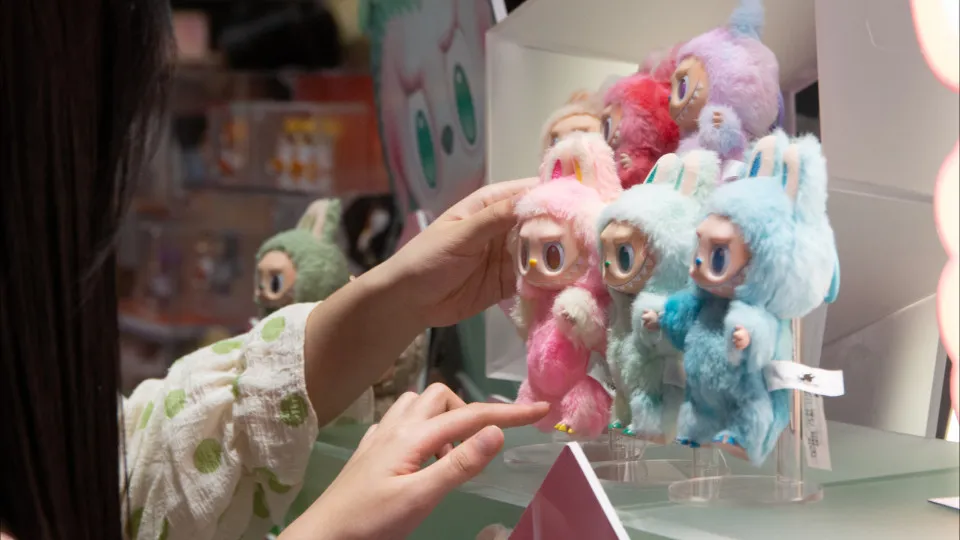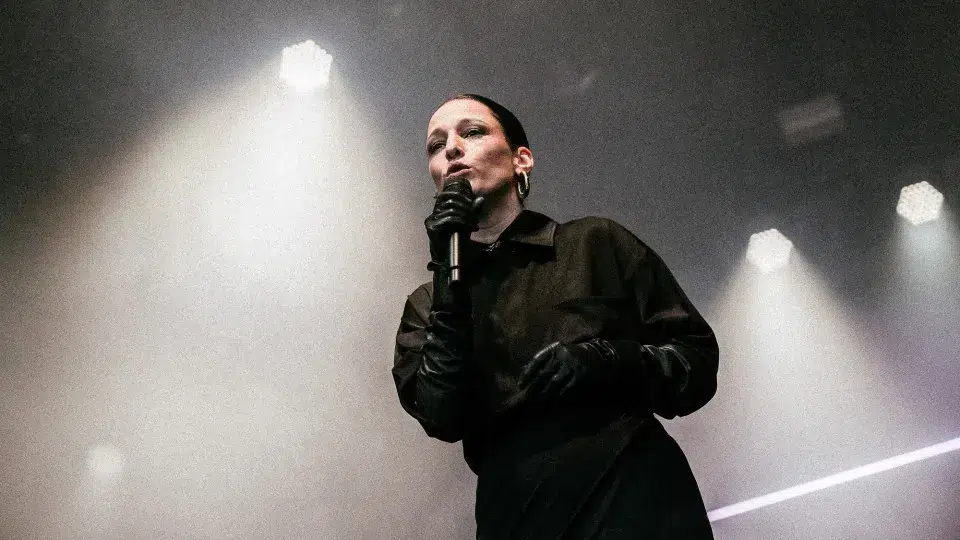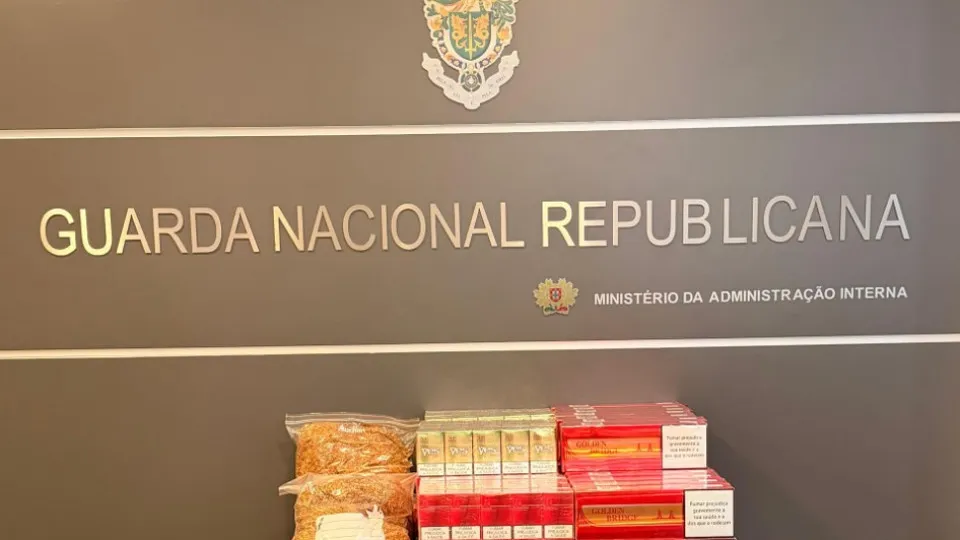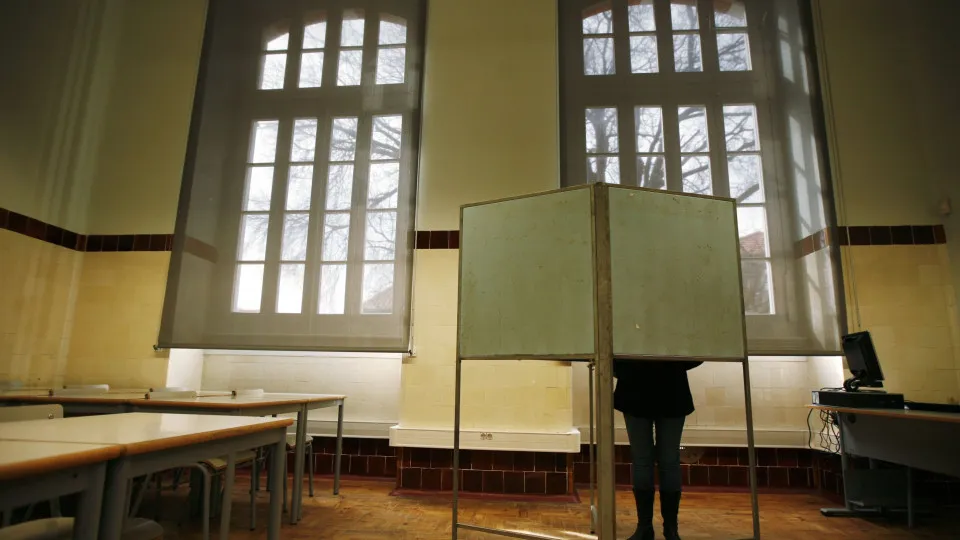
The devaluation reflects investors’ increasing caution regarding the possibility of a slowdown in the company’s growth, following several quarters driven by the popularity of its collectible products.
On Wednesday, Pop Mart shares rose 4.23% on the Hong Kong stock exchange, despite the market’s negative tone, after announcing that third-quarter revenue increased between 245% and 250%. The growth was fueled by the viral success of Labubu on social media and the company’s international expansion.
According to data provided by the company, domestic sales grew 190%, while international sales soared 370%, with notable increases of 175% in the Asia-Pacific region, over 740% in Europe, and nearly 1,270% in the United States.
Today’s significant decline is largely attributed to profit-taking, following a valuation increase of more than 186% since the beginning of the year, and uncertainty about the sustainability of the current growth rate.
Shares fell 8.1% on Tuesday, marking the worst performance since April, driven by fears of a slowdown in sales after months of excitement. The preliminary results release temporarily eased these concerns, but the lack of an official date for the earnings report maintains uncertainty about the company’s future performance.
CEO and founder Wang Ning expressed confidence in the long-term resilience of the character Labubu, arguing that cultural icons continue to generate revenue even after their peak popularity.
The explosion in demand has compelled the company itself to revise its internal targets upwards. While Pop Mart initially expected revenue of $2.8 billion (approximately €2.4 billion) at the beginning of 2024, Wang raised this target to $4.2 billion (€3.6 billion) in August, citing the brand’s global momentum as a key factor.
Founded in Beijing in 2010, Pop Mart has established itself as a leading Asian reference in the toy and collectible figure sector, combining exclusive design, limited editions, and collaborations with brands, artists, and international franchises.
Its business model is based on “mystery boxes,” which encourage repeat purchases and have created a community of fans willing to pay high premiums for rare pieces.
Among its main lines is Labubu, a pointy-eared, mischievous-smiling monster inspired by Norse mythology, created by Hong Kong artist Lung Ka-sing in 2015 and integrated into the company’s portfolio in 2019.




